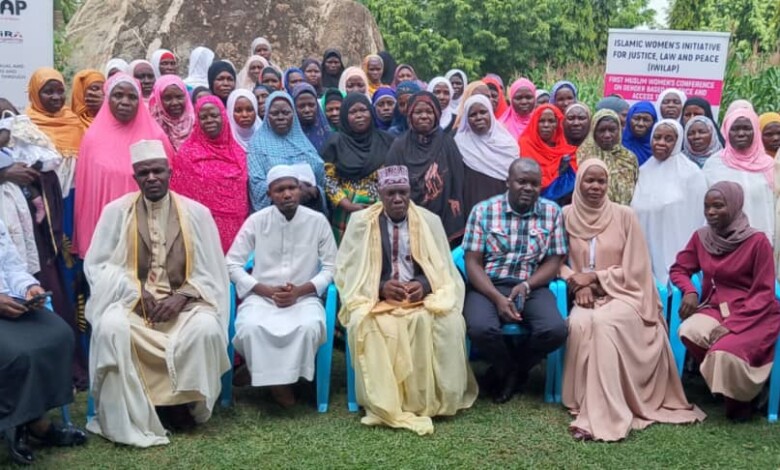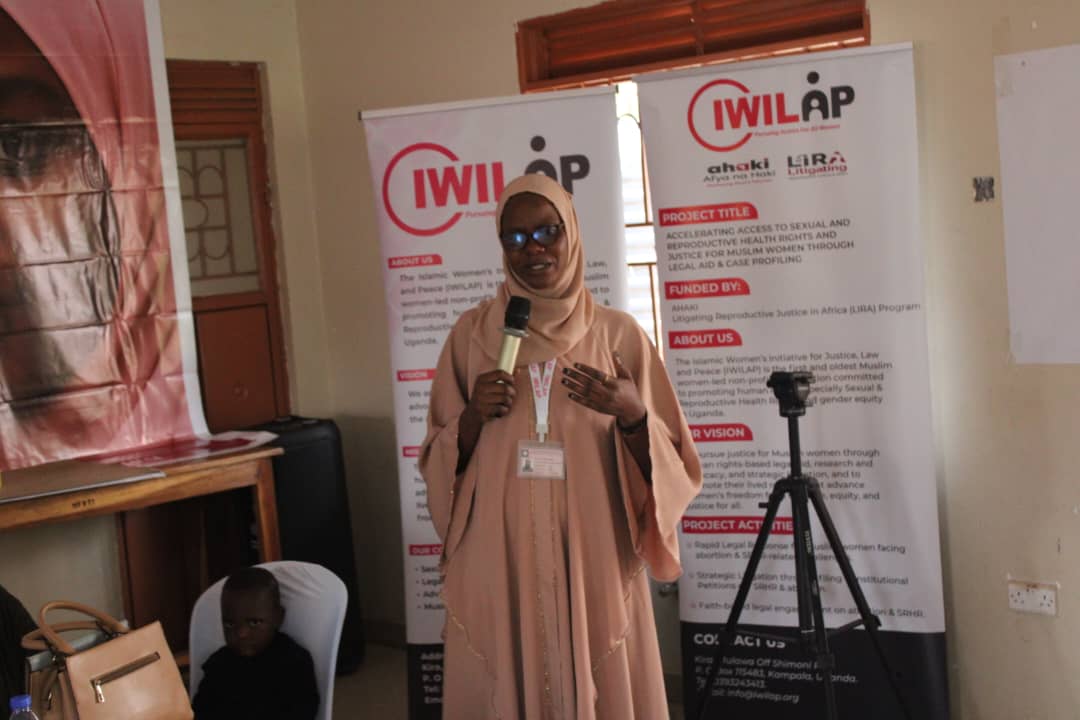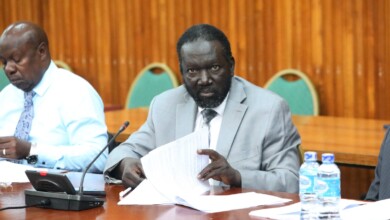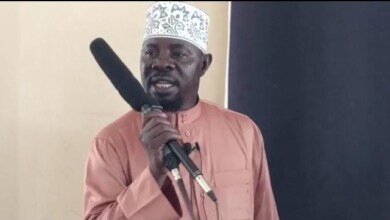Muslim women call for protection of victims of gender based violence

By Abu Ssettumba
Muslim and community leaders have been urged to speak out against gender based violence within the Muslim community and promote peace and justice for women who have remained silent about abuses taking place at the hands of their spouses
The call was made by the Islamic Women`s Initiative for Justice, Law and Peace (IWILAP) as it held the first ever Muslim women`s conference on gender based violence, and access to justice in Budaka district under the theme “Upholding Justice & Dignity: Muslim Women’s Voices Against Gender-Based Violence” on Thursday.

Dr Ashah Mwanga Mastullah, the executive Director at IWILAP noted that Islam is a religion of peace and does not condone abuse of women, stressing the need for this message to be amplified by Imams in mosques, duty bearers and community leaders
“For too long, violence against Muslim women has been hidden behind walls of silence and of course religious misinterpretations. So today we are breaking that silence and we are saying clearly and unapologetically that Islam does not in any way condone violence against women. Islam does not in any way justify the abuse of women. It’s a religion of peace”
She said that at the moment, silence from duty bearers and the victims themselves coupled with misinterpretation of the Quran is perpetuating violence against women
“We are calling upon all our community and religious leaders plus government to work with us to strengthen legal mechanisms to protect survivors and victims. We cannot claim to have peace in our country when women in Muslim families continue to suffer,” she said.
Dr Mastullah also explained that the theme of the conference is not a mere slogan, stressing that its rooted in Islam which is a faith of justice, mercy, and the sacred protection of human dignity.
“This theme reminds us of our sacred duty in Islam to enjoin what is right and forbid what is wrong. Gender-based violence is not just a social issue—it is a moral and spiritual violation. It violates al-‘adl (justice), karāma (dignity), and raḥma (compassion)—all of which are core principles of our Deen, ” Dr Mastullah asserted.
Sheikh Zubairi Kalibala, the district Qadhi of Budaka district lauded the IWILAP Team for organizing the first Muslim women’s conference and expressed concern about the rampant cases of gender based violence in the Muslim community castigating men for being violent and abandoning their duties
“Some men are running away from their responsibilities to pay school fees for the children. It’s your duty as a man as directed by the Quran to take care of your family but in peace. Do not be violent to your partner. That is the command of our faith,” he said.
He also called upon Muslim women and men to prioritize education of their children in order to build an empowered community.






